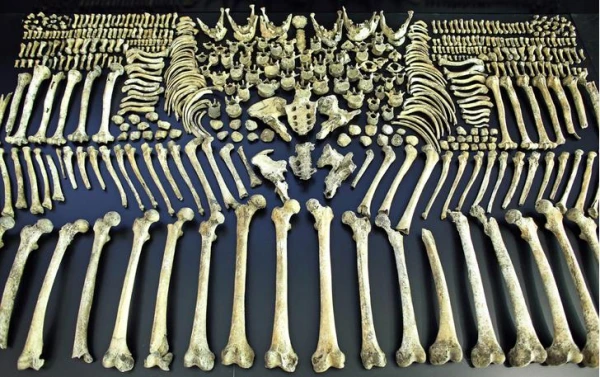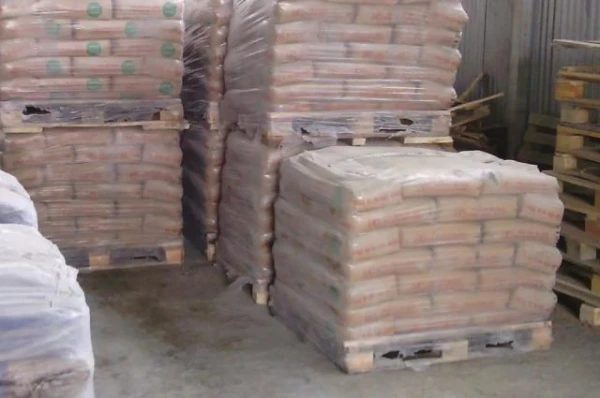
The roots go back to the ancient ritual of secondary burial.
For a long time, many Slavic peoples had a custom of exhuming the remains of the deceased several years after burial, cleaning the bones, and re-burying them. In some regions, such as Slovenia, similar rituals persisted until the mid-20th century.
The motives for such secondary burials were diverse. In some places, it was believed that the soul of the deceased is freed only when only bones remain of the body. In others, there was a fear that an unrepentant sinner might return from the grave and become a vampire.
If the corpse was found in good condition, it was explained by the fact that the deceased had committed many sins in life. All of this was undoubtedly accompanied by memories of the deceased, which is reflected in the expression “to wash the bones,” which over time became associated with gossip and slander about someone.













